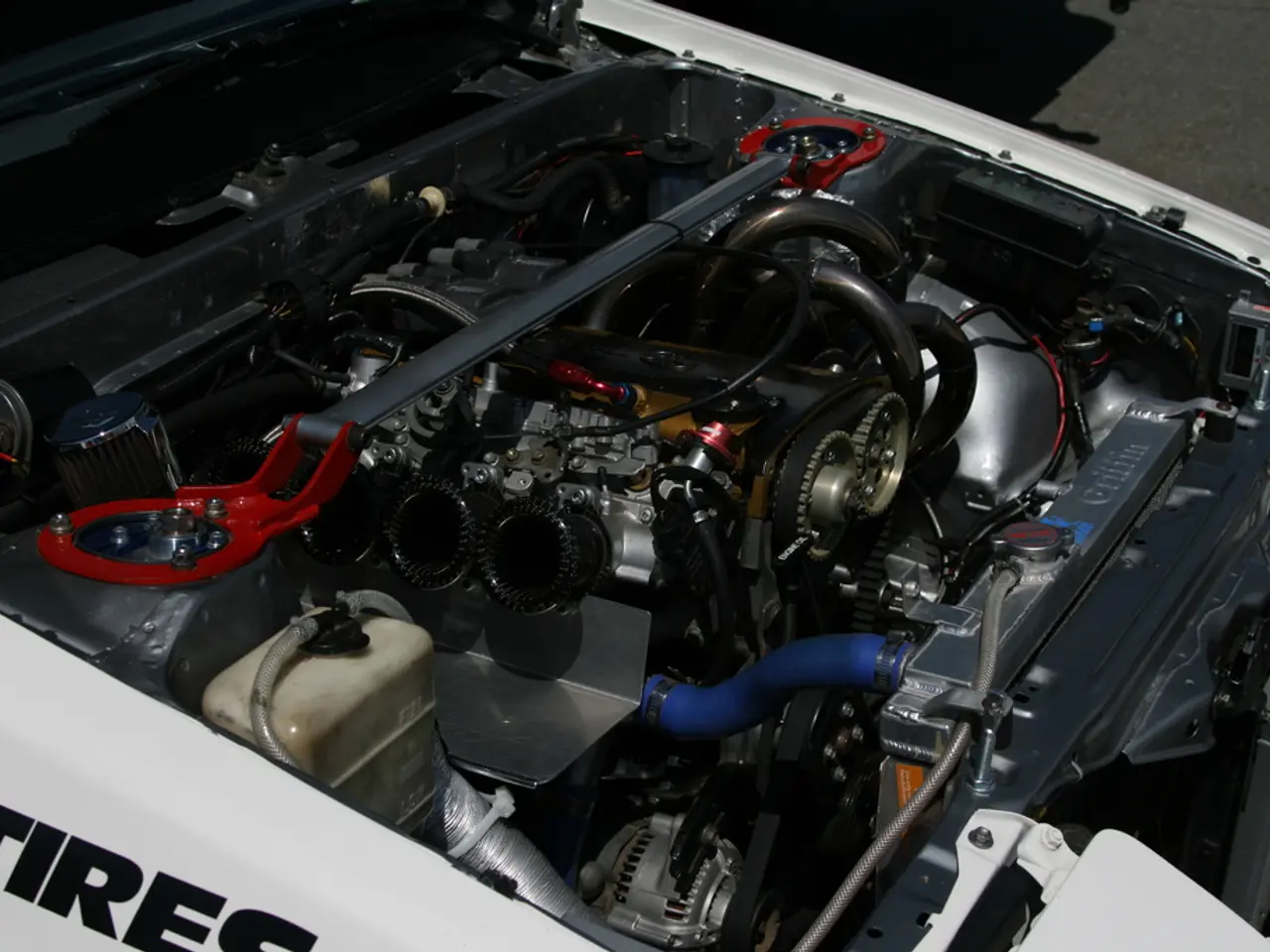University of Manchester Unveils Game-Changing Battery Filter
A groundbreaking development in battery technology has been announced by a research group from the University of Manchester. They have created a one-atom-thick filter for lithium-sulfur batteries, significantly improving their lifespan and performance.
The filter, made using chemical vapor deposition, allows lithium-sulfur batteries to maintain nearly all their capacity over more than 150 charge-discharge cycles. This is a significant improvement over unfiltered batteries, which typically degrade quickly.
The secret lies in the filter's ability to block sulfur chains from shuttling within the battery. This prevents power drain and extends the lifespan of the battery. The filter is precise, with graphene openings that separate lithium from sulfur chains effectively.
Lithium-sulfur batteries with this filter could revolutionize various industries. They could extend the range of electric vehicles, increase phone battery life, and enable longer drone flight times. Moreover, they could be used in freight trucks, trains, and ships, where battery weight is a major obstacle.
While much work remains before these batteries can be manufactured at scale and used in everyday devices, the potential is immense. The University of Manchester's research group has taken a significant step towards improving battery technology, paving the way for more efficient and sustainable energy storage solutions.
Read also:
- Federal petition from CEI seeking federal intervention against state climate disclosure laws, alleging these laws negatively impact interstate commerce and surpass constitutional boundaries.
- Hydrogen Energy: Sustainable Innovation or Resource Exploitation?
- Dim outlook for a major energy corporation
- Underwater pipeline shutdown initiative by Michigan challenges scope of American foreign policy, contends Trump Justice Department








